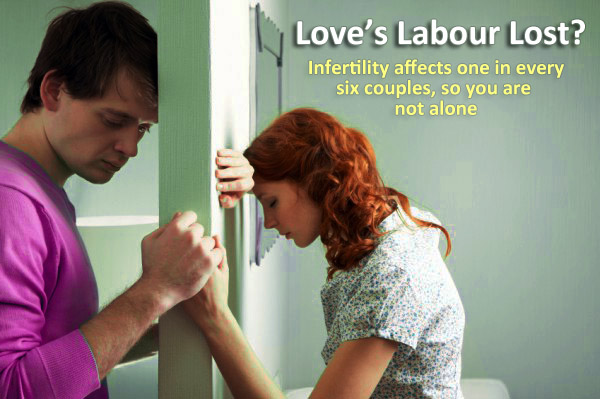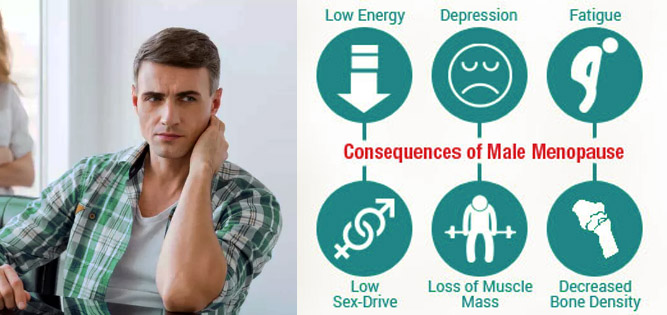Not quite. Infertility affects one in every six couples, so you are not alone. Moreover, there are now many reliable methods to help infertile couples conceive…

According to the International Council on Infertility Information Dissemination, a couple is infertile if:
- They have not conceived after 12 months of unprotected intercourse, or after 6 months if the woman is over 35. (The duration reduces for older women as they experience rapid decline in fertility, and should seek help sooner.)
- There is incapability to carry a pregnancy to term.
WHY INFERTILITY OCCURS
Can you believe that infertility affects one in every six couples? About 30–40 per cent of all infertility is attributed to the female, while 30–40 per cent to the male. In a few cases, the cause can be a combination of both male and female factors. To get pregnant, the following steps are vital.
- Release of an egg from one of the woman’s ovaries (ovulation)
- Movement of eggs through a Fallopian tube towards the uterus/womb
- Entry of sperm into the egg along the way (fertilisation)
- Attachment of fertilised egg inside the uterus (implantation)
If anything hinders any of these steps, infertility may result.
INFERTILITY IN WOMEN
- Polycystic ovarian syndrome
- Blocked Fallopian tubes
- Fibroids and endometriosis
- Premature ovarian failure, uterine factors
- Ovulatory dysfunction
- Cervical hostility to sperm ascent, anti-sperm antibodies
- Age of the female
- Genital tuberculosis (especially in India)
The following aggravate the risk of infertility in a woman.
- Stress
- Poor diet
- Athletic training
- Weight problems
- Tobacco smoking
- Alcohol consumption
- Hormonal changes Sex-related diseases
DID YOU KNOW?
Children born in May are on average 200 gm heavier at birth than children born in any other month.
INFERTILITY IN MEN
The known causes of male infertility fall under four heads.
Sperm production problems: Disruption of sperm in testes or production of sperm antibodies. This is the commonest cause, affecting about 60 in 100 patients.
Blockage of sperm transport: Obstruction of tubes transporting sperms from testes into ejaculate. The second most common cause, it affects about 30 in 100 patients.
Erection/ejaculation problems: Disruption of functions necessary for normal sexual intercourse. These affect about 5 in 100 patients.
Hormonal problems: Failure of the pituitary gland to stimulate the testes. Such disorders are rare, affecting 1 in 100 patients.
The quantity/quality of sperm can be affected by overall health and lifestyle. The following aggravate risk of infertility in men.
- Alcohol consumption
- Drug usage
- Environmental toxins
- Tobacco smoking
- Health problems
- Radiation/therapy for cancer
- Age of the male

WHEN TO SEE THE DOC
Most healthy women under 30 shouldn’t worry about infertility unless they’ve been trying to get pregnant for at least a year. Women in their 30s who’ve been trying to get pregnant for six months should speak to their doctors ASAP. A woman’s chances of conceiving decrease rapidly every year after 30.
The following health issues increase the risk of infertility.
- Irregular/no menstruation
- Painful menstruation/intercourse
- Endometriosis (tissue lining the inside of the uterus gets implanted outside it, most commonly on the ovaries, Fallopian tubes or pelvic tissue; seen in 21 to 47 per cent of infertile females)
- Pelvic inflammatory disease
- More than one miscarriage
No matter how old you are, it’s always good to talk to a doc before you start trying to get pregnant. Doctors can help you prepare your body to nurture a healthy baby.
Infertility now mostly a male problem: Experts
Pointed stares, audible whispers and snide comments — every time a couple are not able to conceive, the woman is subjected to this trauma, as many assume it is “her problem”. Experts now have a different tale to tell: Over 60% of cases of infertility among couples are because of the male partner’s condition.
Infertility experts from across the world who gathered in the city on Saturday for the international conference on ‘Challenges in infertility management’ said there was a paradigm shift over the past few years. Dr Geetha Haripriya of Prashanth Hospital, the organizing secretary of the meet, said a decade earlier, male infertility contributed only to 40% of the cases, but now the number had increased to 60%.
“Environmental factors and lifestyle changes are the major reasons for this. White-collar workers are especially affected as they have improper biological cycle dues to their irregular working hours. Stress, eating at odd hours, tobacco and alcohol consumption, and poor nutritional intake are the additional factors,” she said. Haripriya pointed out that earlier most infertility issues arose due to infections, but environmental toxins were now the main culprits.
Dr Sonal Panchal of Dr Nagori Institute of Infertility, Ahmedabad, said men were now open to getting themselves tested and treated. “Most come with problems like erectile dysfunction, low sperm motility and sperm deformity. Rising temperatures and increased chemical content in the air contribute to the increased incidence of infertility,” she said.
Women, on the other hand, face problems such as polycystic ovaries and endometriosis (cells from the lining of the uterus grow outside the uterine cavity), which result in infertility.



